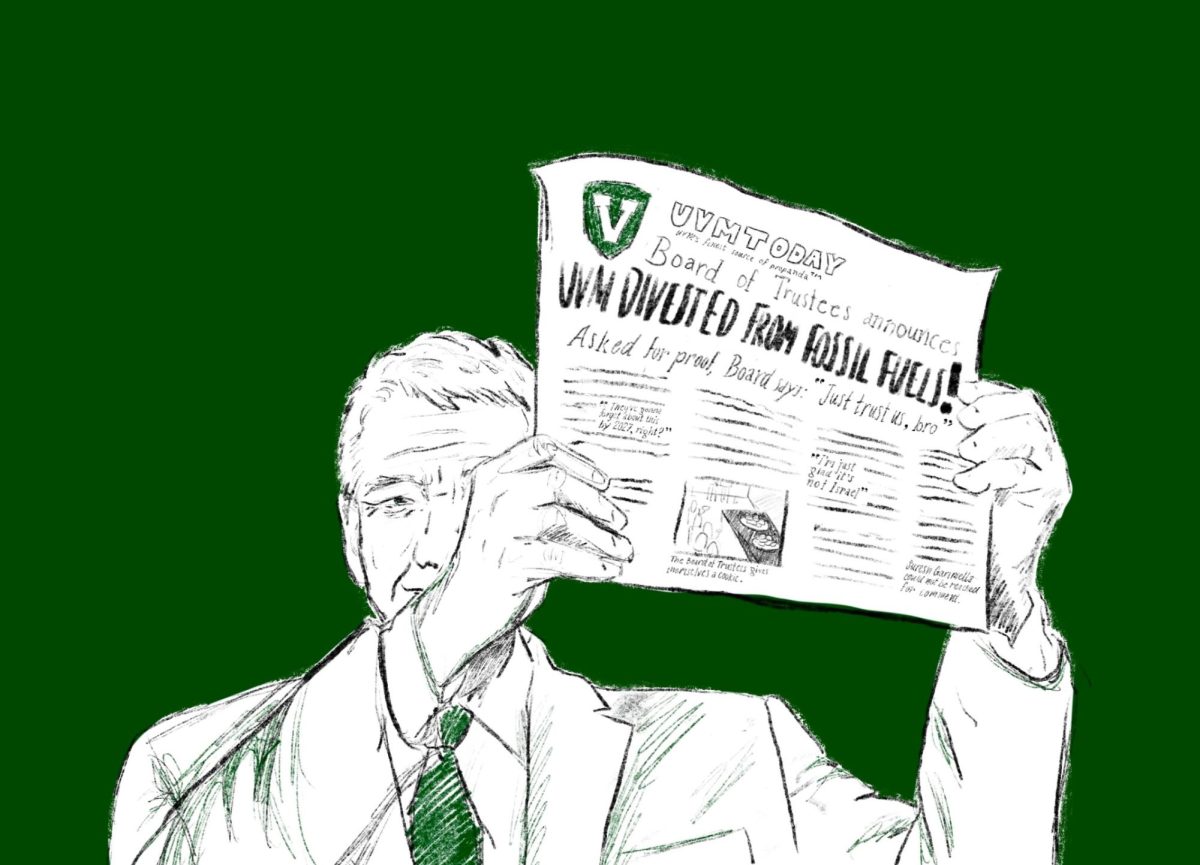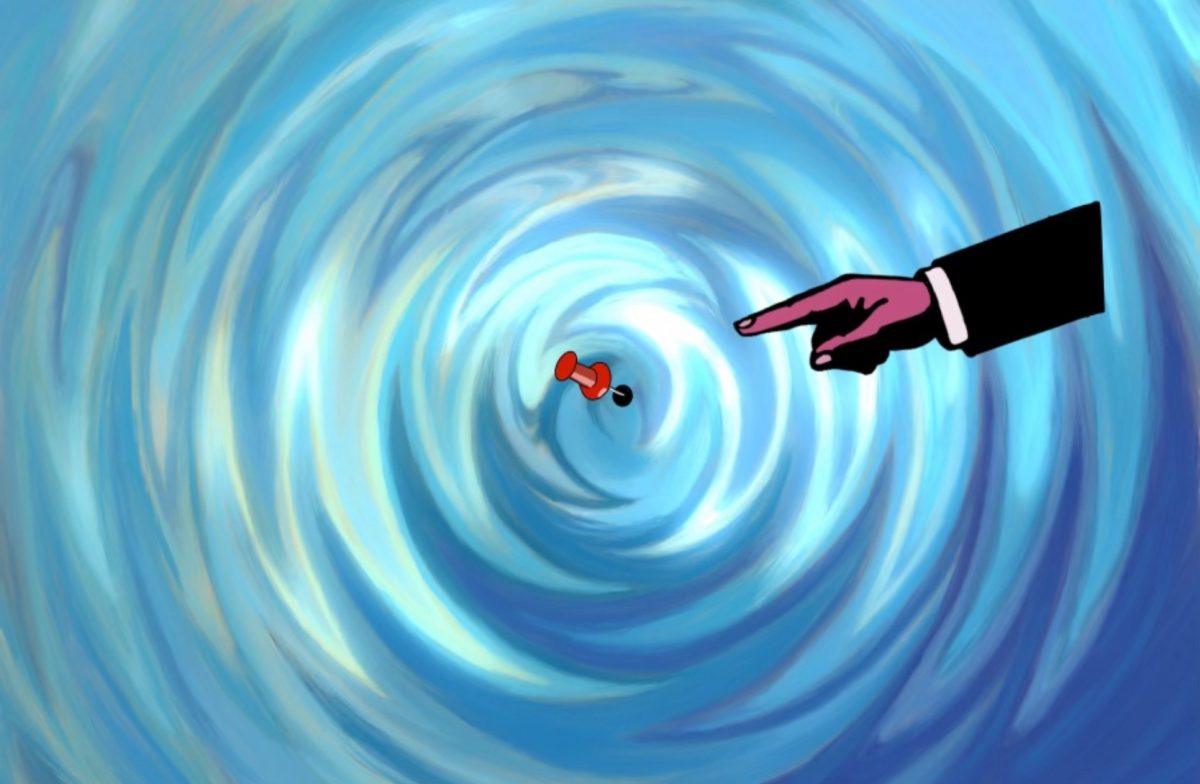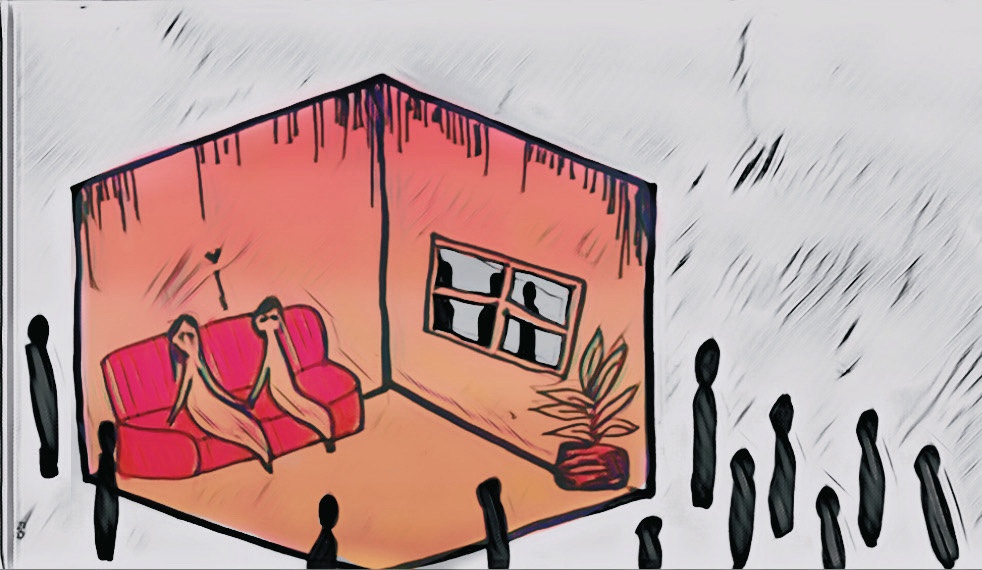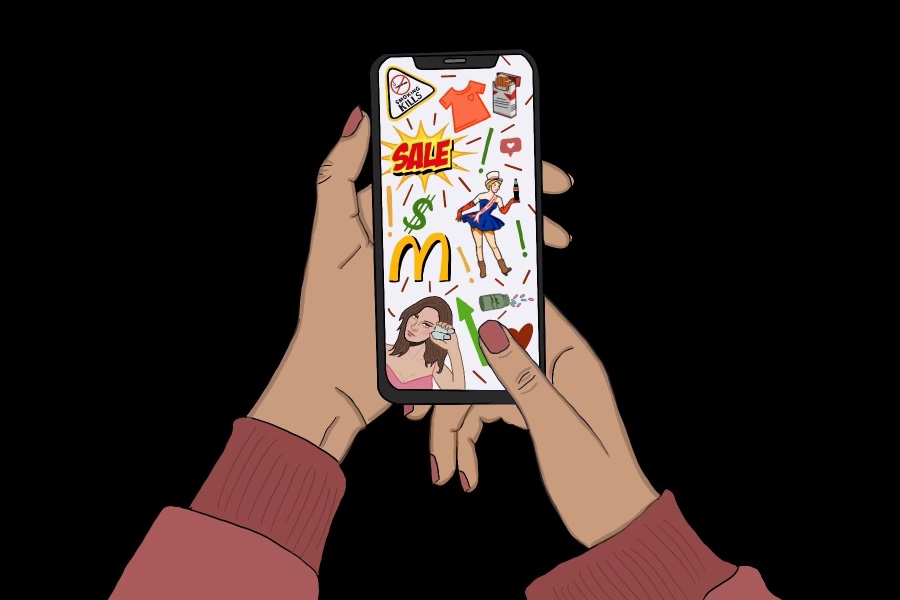Ê
With the beginning of every new semester comes the need to revive the standby party playlists by throwing some of the summerÕs best hits into the mix of pump up classics.
One song that I know for sure will not be making it into my music selection is Robin ThickeÕs contentious new single ÒBlurred Lines,Ó which sadly IÕve heard blasted from iPods and radios across campus.
Despite the title arguing otherwise, Thicke is actually making a clearly defined statement about the firm status of sexual expectations and gender roles, which are retroactive to the progress of the counter movement toward rape culture.
This song is a perfect example of what rape culture seeks to endorse. That is, a culture that still sees sexual violence as something that hides in the bushes and attacks you on your walk home at night, rather than its manifest in something that is perpetuated daily in our language and in our attitudes toward it.
The muse behind ThickeÕs masterpiece is his frustration with those Òblurred linesÓ he hates so much; lyrics that can be expounded upon to mean what he sees as the blurred lines of consent.
Apparently ÔyesÕ and ÔnoÕ are easy to confuse when your sex appeal says, Òyou wanna get nasty.Ó
Thicke defines his idea of the feminine ideal as the proverbial good girl in need of both liberation and domestication at the hands of irresistible male charm. I donÕt know if Thicke is the right person to take advice from when it comes to formulating oneÕs moral standards and deciding whether to be a good girl or a bad one.
But then, IÕm not too sure now that society as a whole is sensible when it comes to these kinds of moral judgment calls either.
This is based generally on the reaction of the general public to the song. It has been on the top 40 lists for several months running, and it remains extremely popular despite its demeaning message.
With its catchy tune, ÒBlurred LinesÓ is an undeniably fun to sing along and dance to Ñ activities I admit I have done.
It is certainly not the first song in the music industry to promote sexist and violent ideas, but it hasnÕt seen the same level of backlash and critical acknowledgement that other controversial songs and artists have.
A lot of hip-hop and rap music has been demonized for its explicit content, while the public has largely supported Thicke. Why is this?
For starters, the singer is a clean-cut white guy in an expensive suit, and so is regarded as an upstanding, non-threatening individual with valid things to say, despite having done little to deserve this image.
Further hidden behind his fa?ade of respectability is the sly nature with which he addresses X-rated themes, subtly slipping in allusions that he can get away with using no censorship. Without stopping to actually think about the lyrics, one could quite easily and happily keep on singing and dancing without ever registering whatÕs really being said.
Meanwhile, the parody video produced by a group of female lawyers called ÒDefined LinesÓ was immediately taken down under the rationalization that it was far too explicit for public airing (although, thankfully it has now been returned to YouTube due to public outcry).
Yes, there were a couple swear words said in anger, but there were also words that very much need to become a part of regular vocabulary such as ÔchauvinisticÕ, ÔmisogynyÕ, ÔbigotÕ and ÔharassmentÕ.
Thicke was required to reshoot the accompanying music video and have his models wear clothing the second time around. But the modelsÕ lack of clothing isnÕt the only problem: there is also a blatant lack of humanity on their part.
With expressionless faces and controlled movements, they might as well have been mannequins or dolls. Their deadpan stares are far creepier than Miley Cyrus twerking with a bunch of giant teddy bears.
Varied opinions of Cyrus aside, it was obvious on stage that as a woman she is also an actual human capable of her own brain functioning and sexual decisions, something that Thicke and his video producers seem to have forgotten.
It is upsetting to see what is considered inappropriate in our society versus what is not, particularly when it means that slut-shaming, rape culture and sexual dehumanization end up on the accepted side of things as long as there are no words in need of bleeping.
The bottom line is ÒBlurred LinesÓ needs to be taken more seriously as an indication of rampant discrimination and societal issues. The only lines that need to be blurred right now are those of gender roles.







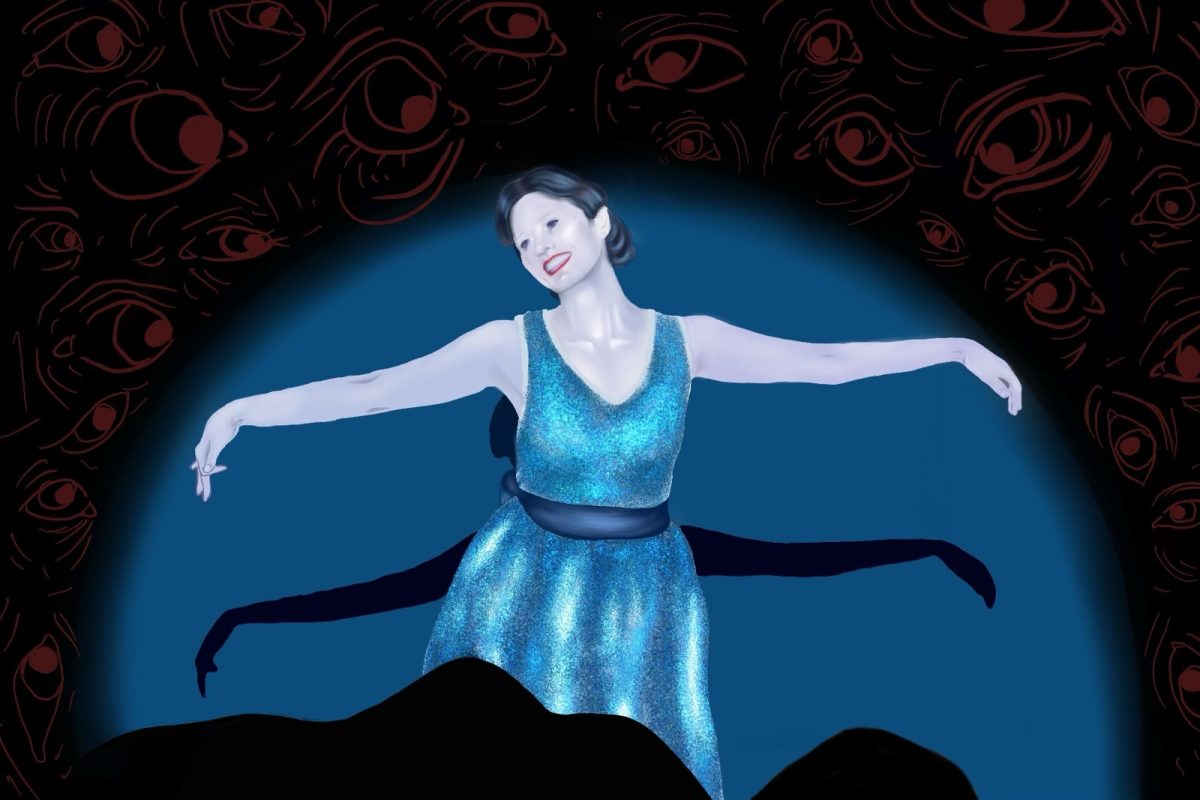
![Can’t buy me [self] love](https://vtcynic.com/wp-content/uploads/2024/04/self-care-FINAL-1200x796.jpg)
